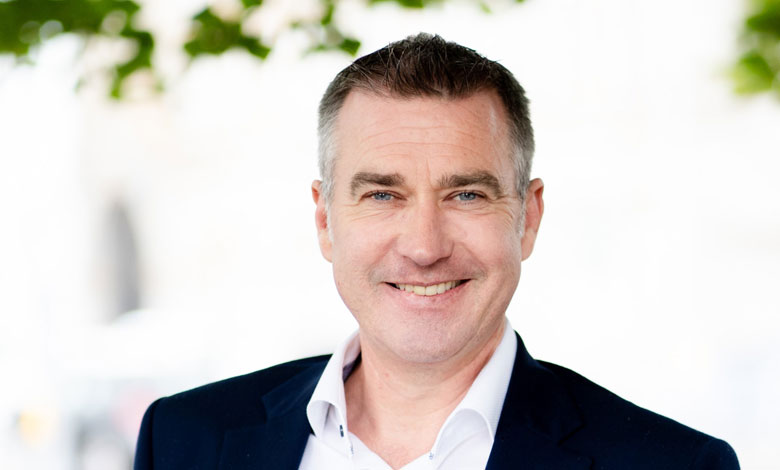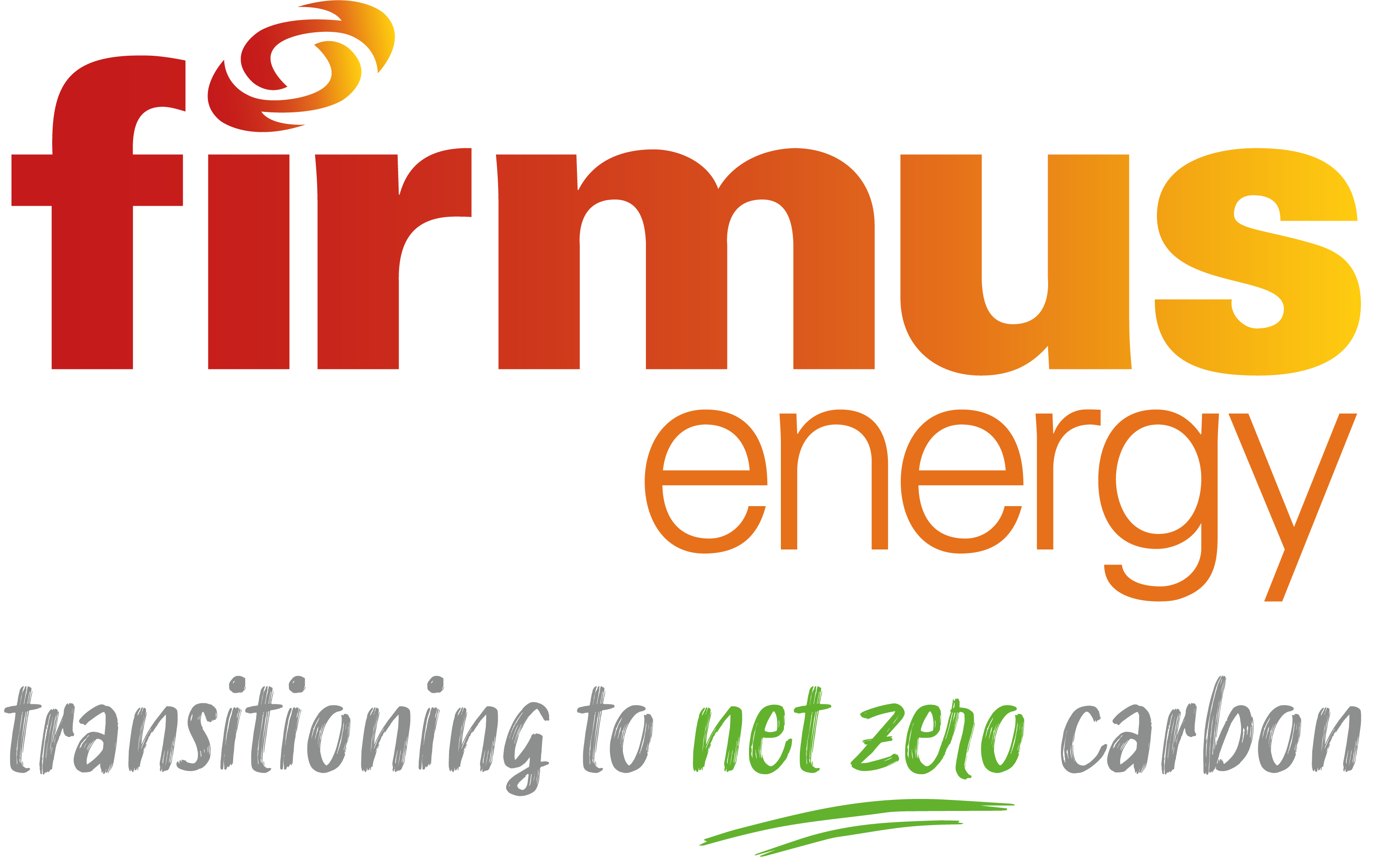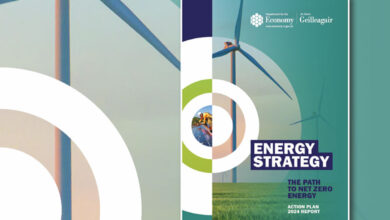Biomethane: A circular opportunity

firmus energy CEO Niall Martindale outlines how Northern Ireland’s unique biomethane opportunity can deliver a low carbon future.
As the need to tackle climate change is being grappled with across the world, Northern Ireland is positioned better than most to address this challenge, and furthermore to take no-regret actions immediately which reduce our reliance on imported fossil fuels and support the growth of a local, circular economy.
For firmus energy, and our peers within Northern Ireland’s gas industry, biomethane will play a critical role in delivering our collective ambitions for a lower carbon future and will contribute to achieving the goals set out in the Government’s energy strategy.
Biomethane will play its part alongside a suite of renewable energy sources, from more established technologies such as wind and solar, to those in a more developmental stage within Northern Ireland such as geothermal and hydropower.
Each of these sources of renewable energy will play its own role in a more diverse, regionalised yet collaborative energy landscape. Without doubt, the key to optimising delivery of our lower carbon energy future is collaboration within a clear policy context.
Biomethane is derived from organic waste materials such as agricultural waste, grass silage, and food waste through a process known as anaerobic digestion (AD). Biomethane is very similar to natural gas, and its introduction will be seamless for any customers connected to Northern Irelands’ gas network.
Using biomethane will not require any changes to heating systems or appliances for households or businesses connected to the network, however unlike natural gas, biomethane is a renewable energy resource.
In Northern Ireland, where agriculture plays a significant role in our economy, biomethane presents a compelling opportunity to effectively utilise organic waste. Recent studies have quantified this enormous opportunity, with a case study in 2022 stating that within 10kms of the gas network, there is sufficient feedstock from underutilised silage and agricultural waste to satisfy 83 per cent of current natural gas demand in Northern Ireland1.
Again, capturing methane emissions from agricultural activities and converting them into biomethane will not only reduce our carbon footprint but support the development of our circular economy, by re-purposing waste into a valuable energy resource.
Supporting investment in local biomethane production facilities is crucial. We have been greatly encouraged by the return of Stormont and the recognition for the potential of biomethane by both the Department for the Economy (DfE) and Department of Agriculture, Environment and Rural Affairs (DAERA) ministers.
In particular, the appointment of Professor David Rooney as an expert advisor to support the ministers’ objective to reduce carbon emissions is laudable and represents a very important step towards delivering policy to support and encourage investment into our future energy landscape. The work being undertaken by Professor Rooney will also help inform and define the collaboration required between energy companies, and indeed energy industries.
The gas industry has been helping to decarbonise energy in Northern Ireland since 1996, with every household moving from home heating oil to natural gas reducing their carbon footprint by 50 per cent2. The introduction of biomethane will increase these savings exponentially, and in doing so, reduce our reliance on imported energy, thereby supporting energy security and supporting the development of our circular economy, not least in the more rural regions of Northern Ireland.
firmus energy and our gas network peers are firmly committed to a lower carbon energy future which optimises the enormous potential for local biomethane production, and we are excited at the prospect of collaborating with all energy stakeholders to deliver the benefits of a sustainable, affordable and lower carbon energy landscape to all homes and businesses across Northern Ireland.
T: 0330 024 9000
E: furtherinfo@firmusenergy.co.uk
W: www.firmusenergy.co.uk






